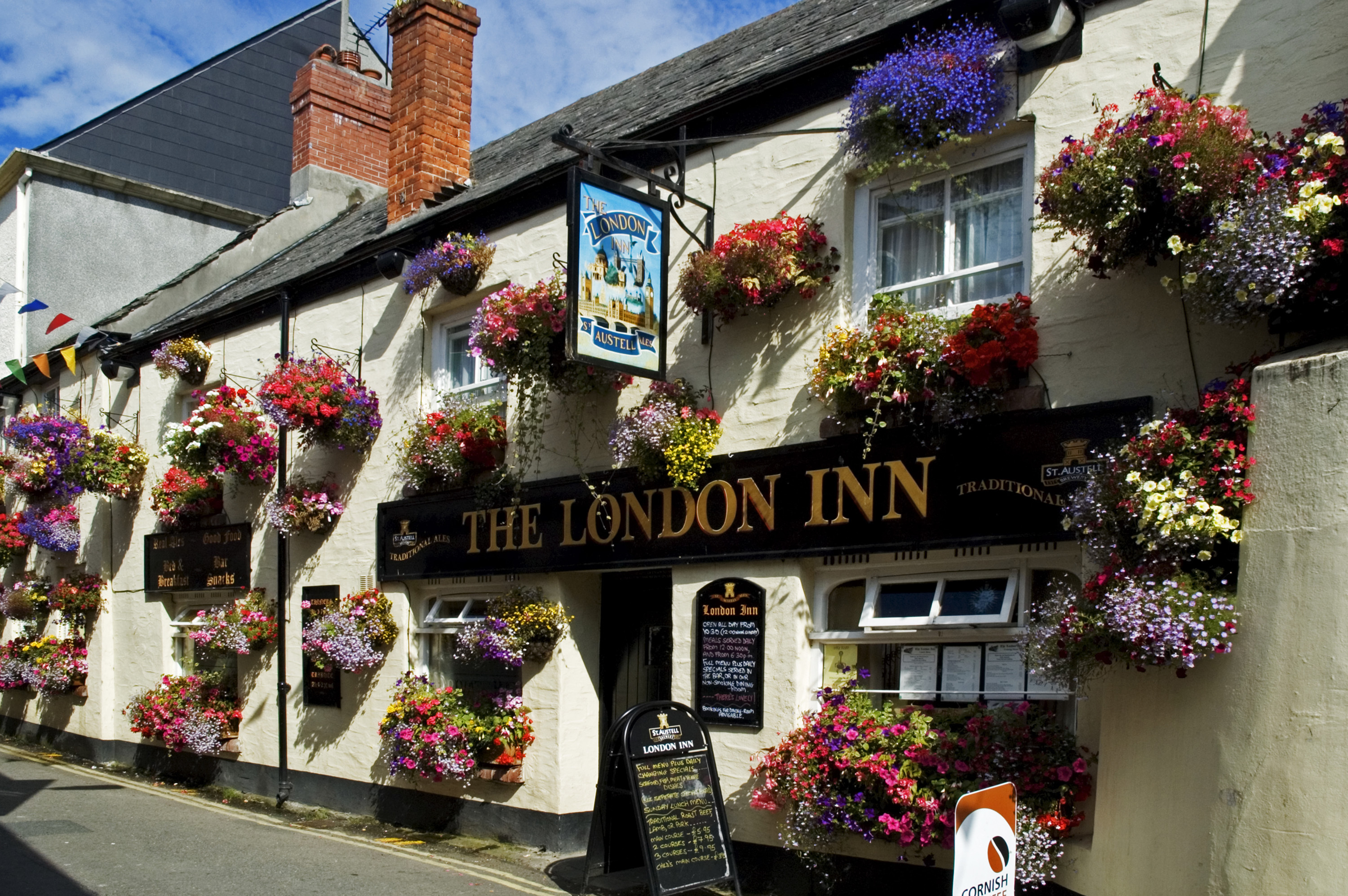17 Aug

The last few decades have seen a rapid decrease in the number of pubs around our fair isles. A fresh report from Camra, Campiagn for Real ale, suggests that as many as 31 pubs close down every week. And the total number of pubs is at an all-time low – 54 490 across the UK. Still a high number, but considering a staggering 3% of all pubs in the suburbs have closed over the last 6 months, there might be reason to worry.
Historically, the pub was a place to go and socialise with the community. Pubs, short for Public Houses, served as a gathering point in a neighbourhood, a town or a village – a place to enjoy a drink in others’ company. Their function has changed slightly, but largely its position as a place to meet friends for a drink (or two – three – four!) has remained. In cities and urban areas the majority of pub-goers are workers – heading to their local after the day finishes to wind down. In more rural areas the traditional importance of it as a meeting point for the community is of higher importance – many places there are few other places to go, outside ones homes.
To have a place to meet, planned or at random, after work, an early afternoon or a late evening, is wonderful. You don’t have to commit to having people over, you can stay as long as you’d like, and there is an almost guaranteed great atmosphere. Whether it’s for sharing joys or worries, supporting your favourite team in whichever sport, or simply watching a game with everyone in the pub because you suffer from FOMO* – the pub is a great, social institution.
The decline is partly to blame on the economic climate of the past few years. Many people would rather buy alcohol cheaply from the supermarkets and consume it at home, than sharing a pint of craft beer in a pub. Independent pubs, or those ran by individuals, can’t compete on price. As their revenue goes down, and it gets harder and harder to justify staying open, there is little standing in the way of larger shops or supermarkets waltzing in and taking over.
We like pubs. We go there regularly, for one or two, with many or just a few friends. Sometimes for food, other times for drinks. Every so often for sports, with friends or family. Can you imagine your local community without the pubs? Even if you don’t go often yourself, there is no denying they bring life and buzz to the community.
On the facts-and-stats side of things, it becomes clear that pubs are worth keeping. According to Camra’s recent research, it is poor planning legislation which is the big bad wolf in the decline of pubs. They also claim that pubs account for more than a million jobs, and that each pub contributes an average of £80,000 to its local community each year. Can we really afford to lose anymore, only to see yet another cloned supermarket outlet in its place, losing not only the jobs and value from the pubs, but its social importance and historical value?
Support your local – and contribute to keeping your community alive. Cheers!
*FOMO – Fear of missing out. The feeling you get when your friends are doing something without you, even if it is an activity you don’t enjoy. ‘I hate rugby but I’m having FOMO because they are all there!’


